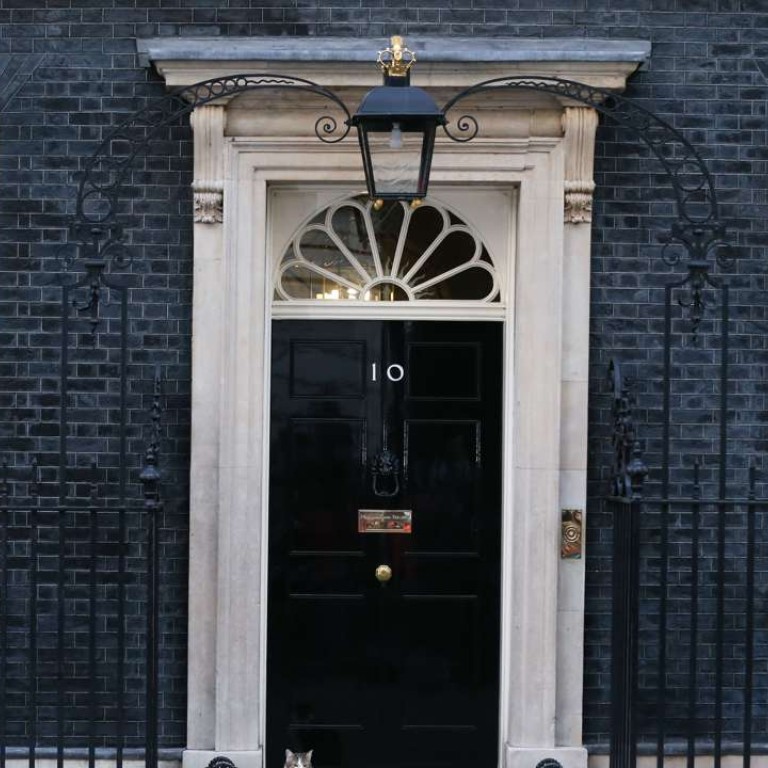
Who will be the next British PM to inherit Brexit?
The new incumbent will have to deal with messy tasks of leaving the EU and negotiate new trade agreements
Nominations by Conservative MPs for David Cameron’s successor as party leader and prime minister will close on Thursday, starting an accelerated process to see a new incumbent in place at the start of September.
Bookmakers made Home Secretary Theresa May the favourite on Tuesday, putting her ahead of former London Mayor Boris Johnson for the first time. She kept a low profile during the campaign for last week’s EU referendum, having backed Remain despite expressing previous Euro-sceptic views.
May’s big draw is her experience at the top level, spending six years at the Home Office, longer than her four Labour predecessors combined. She has shown some political courage, taking on the police, and in 2002, calling for the Tories to shed their “nasty party” image.
Still, The Sun newspaper reported in Wednesday’s edition that Johnson, one of the spearheads of the victorious Leave campaign, was set to gain the backing of as many as 100 Tory lawmakers out of 330.
Nominations close at noon today in London. The first stage of the vote is limited to Conservative lawmakers, who’ll reduce the field to the leading two candidates. The party’s nationwide membership will then choose between them. The result will be announced in early September.
Pro-European Union Environment Secretary Liz Truss declared her support for Johnson in an article in The Daily Telegraph newspaper: “Leadership must now come from someone who believes in, and campaigned for, leaving the EU,” she wrote.
“The British people must be able to trust the new prime minister to deliver the instruction they have given.”
But he has two weaknesses. First, Johnson has never held high national office and nervous Tories might be seeking a safe pair of hands to guide the country through the post-EU vote confusion and uncertainty.
Among the new leader’s first tasks will be to formulate a plan for extricating Britain from the bloc and negotiating a new trade deal. Cameron attended his last EU summit in Brussels on Tuesday night, and said it was up to his successor to activate the mechanism that starts the withdrawal process.
European Commission President Jean-Claude Juncker told reporters after the summit that the new premier ought to trigger the mechanism – known as Article 50 – within two weeks of taking over.
Work and Pensions Secretary Stephen Crabb also announced a run for the Tory leadership, writing in a Telegraph opinion piece that “we will enact the British people’s wishes on the EU”.
Crabb would stand on a joint platform with Business Secretary Sajid Javid, a person familiar with the campaign said earlier, with the men planning a “working class Tory” ticket, amplifying the contrast with the privately educated Johnson, who’s been criticised by some in the party as being out of touch with voters.
Former Defence Secretary Liam Fox is expected to put his name forward, and Health Secretary Jeremy Hunt has said he is mulling a bid. Hunt is arguably lucky to still be in a senior job at all.
In 2012 he came within a whisker of losing his post as culture secretary after the Leveson inquiry heard he was in close touch with Rupert Murdoch’s News Corporation while undertaking a semi-judicial role in determining whether the company should take full control of BSkyB.
There has also been speculation that a new leader would seek a popular mandate by arranging an early general election, which Johnson has ruled out.
Reporting by Bloomberg
and The Guardian

